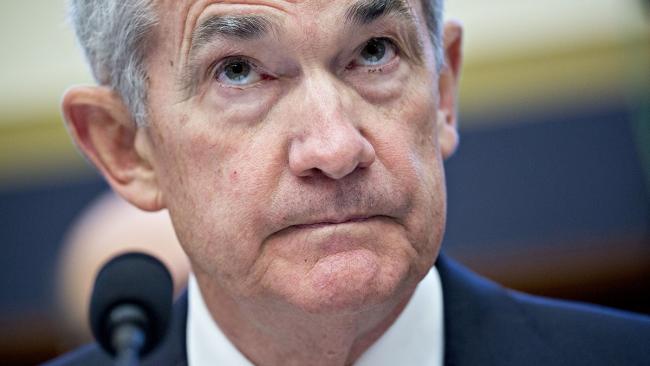(Bloomberg) -- For investors surveying the global market map, it helps to get back to basics -- and there are few more fundamental principles than this: When the world’s central bank makes borrowing more expensive, bad stuff is likely to happen.
The Federal Reserve may not be raising interest rates at a lightning pace by historic standards, but it is shifting from a period of unprecedented easing. The result is a form of tightening “we do not fully understand,” according to Deutsche Bank.
Cue the bank’s advice to dust off that copy of Financial Markets 101.
“We should not overcomplicate the macro picture,” Alan Ruskin, Deutsche’s New York-based macro strategist, wrote in a note this week. “Fed tightening can be likened to the monetary authorities shaking a tree with some overripe fruit. It is usually not totally obvious what will fall out, but that there is ‘fall out’ should be no surprise.”
To illustrate his point, Ruskin highlighted key periods of rate hikes over the past five decades and the corresponding consequences. The causes and effects could no doubt be debated all day, but his underlying point is timely -- cracks have been appearing across a swathe of global assets in the past two weeks.
While nothing seems to have fallen from the tree as yet, the list of potential “overripe fruit” is growing. The euro has plumbed the lowest level in six months, peripheral European debt has tumbled, Treasury volatility has jumped.
And then there’s the asset class Ruskin chose to highlight in his note: emerging markets. Developing-nation currencies, for example, are the most volatile relative to G-7 peers in more than two years as the dollar rebounds.
“At the moment there are a host of idiosyncratic stories in EM that look to belargely tangential victims,” said Ruskin. “Where the U.S. rate cycle is relevant is that the past extreme external policy accommodation can no longer mask domestic issues including valuation extremes like compressed credit spreads.”
Put more simply: The Fed is shaking the tree.
(Updates with dollar impact on emerging markets in seventh paragraph.)
